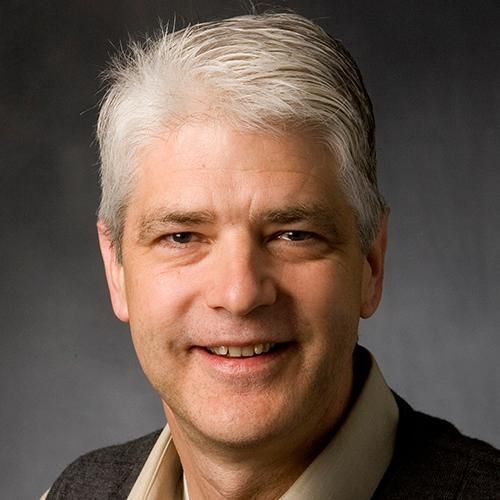Overview
My research is primarily in the area of advanced instrumentation for diagnosis and treatment of electrophysiological problems. This research covers two primary organ systems: the heart and the brain.
One thrust of the cardiac-based work is centered on atrial fibrillation and in particular on very low energy atrial defibrillation strategies. The goal is to produce a device that can defibrillate the atria with a painless series of electrical impulses. A second area of interest is the study of the biophysics of radio frequency ablation of the heart. A third avenue of research in the cardiac area is the development of new instruments and techniques for tracking interventional devices within the body without the use of ionizing radiation. These devices primarily rely on ultrasound technology. There is a strong collaborative effort in this area with the Duke Ultrasound group in the Department of Biomedical Engineering. The long term goal of this work is to develop technology to deliver image-guided therapy to target tissues in the heart and other organs.
In neuroengineering, we are currently developing a "brainchip" that would telemeter information recorded directly from neurons in the brain to a remote device. This IC based technology is being developed for application in neuro-prosthetic or brain controlled devices. There is a close collaboration on this project between our lab and the laboratory of Dr. Miguel Nicolelis the Department of Neurobiology. We are also developing advanced neural recoding systems to use on unrestrained, untethered animals as they learn to perform certain tasks.

